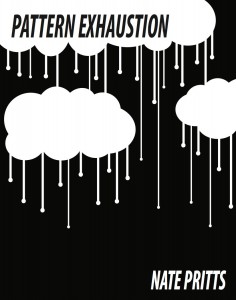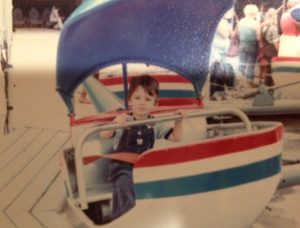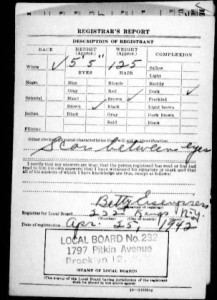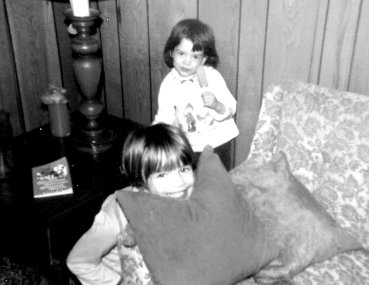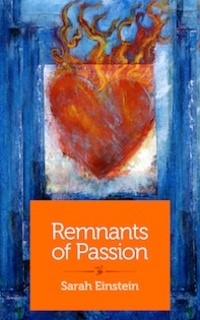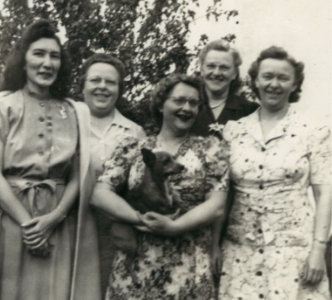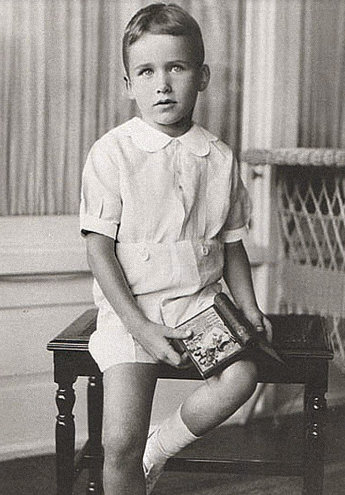Review by Jen Lambert
What’s the word for when you’ve been doing something your whole life, like, let’s say walking, and suddenly you become so very aware of how you do it, maybe you put more weight on your left foot or you land on the balls of your feet just so, and now that you know this, you can never, ever walk the same way again? Now, the way you move is altered, and you can feel it with every step you take. What is the word for what this walking has become? This book is full of this word.
Pattern Exhaustion, by Nate Pritts, is everything I fear, the collapse of what I know and expect and the period after, the fumbling, the tripping through, until the new becomes the known. Maybe it’s everything we all fear: a brokenness, an unraveling of the familiar. Pattern Exhaustion is a manifesto on how to learn to be human when you are already human, or maybe it’s a lesson on the recovery of being too human, a nervous breakdown of the mind and the heart, the softening of everything we know until we don’t even recognize our own bodies, until we are empty, until we ask “how do I love when there is no one there?” Continue reading
![[PANK]](https://pankmagazine.com/wp-content/themes/pank/assets/images/pank-logo-large.png)

